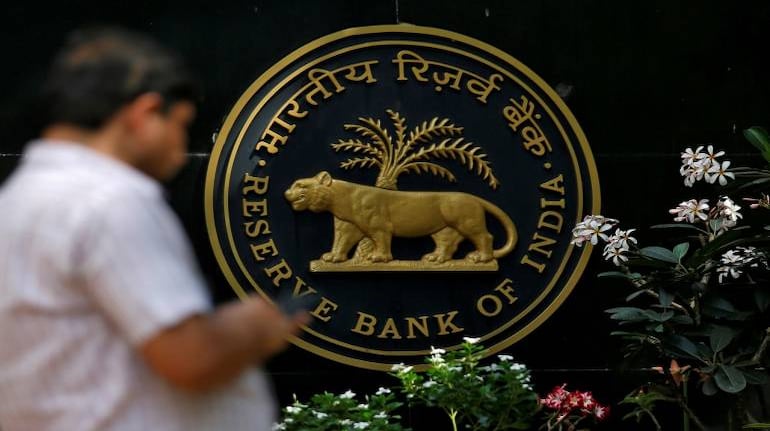
Mandar Kagade
An inter-ministerial committee looking into reforms of India’s payments systems has suggested setting up an independent regulator where the Reserve Bank of India (RBI) will merely have representation. In effect, it has recommended that payments regulation may be “de-coupled” from the central bank and bank regulator.
Consistent with intuition, RBI has pushed back on the proposal. It has relied on certain international precedents to argue that only central banks can effectively regulate payment systems. The committee, on its part, has pointed out other international precedents with the decoupled model — Australia and the United Kingdom are prominent examples — and suggested that RBI’s argument about central bank primacy appear to be without evidence.
As the Ratan P Watal Committee, an earlier panel set up the government to overhaul the digital payments infrastructure, pointed out, the primary motivation for an independent payments regulator is to promote access (including for non-banks), and competition in the payments industry.
Sectoral regulators, such as RBI here, face inherent statutory and institutional capacity constraints to execute policy in pursuit of these social goals. Statutorily, their mandate may be in conflict with the goals of promoting access and competition.
Take RBI’s mandate of financial stability. The pursuit of financial stability goals may require the central bank to impose identity access barriers (for example, it allows only banks to participate as members in the real time gross settlement (RTGS) systems) or net worth requirements as a condition precedent for licensing (such as those exist for pre-paid instruments or cash management companies).
In other contexts, (derived) statutory goals like consumer protection become unintentional barriers against useful product innovations. We saw an example of these spill-over effects recently when RBI reportedly denied innovation around a “recurring mandate” feature to UPI that would have facilitated use of this payment infrastructure for a host of new use-cases (say, through enabling subscription payment models).
In another context, non-banks continue to be constrained from issuing open-loop instruments and the ability to receive direct deposits from consumers. (Open-loop instruments are instruments that facilitate both cash-in and cash-out. A general purpose debit card issued by the bank is open-loop). In fact, now that we have a full-KYC (know your customer) mandate, there is an even stronger case for levelling the playing field between banks and non-banks in issuance of open-loop instruments. To summarise, RBI’s measures, while legitimately in the pursuit of its statutory objectives, may have spill-over effects on other social objectives including competition, innovation and financial inclusion.
An independent payments regulator will not be fettered by other objectives in conflict with the pursuit of competition and innovation in the payments sector. As such, it would be better suited to regulate the payments space with RBI as part of the new entity’s board, but not in the capacity of exclusive regulator.
It is important to get the composition of the independent regulator to extract the full benefits of a de-coupled model. Both Australia and the UK offer useful templates in this regard.
Take the case of Australia. The Australian competition regulator, the central bank and the Payments System Board act in concert to frame policies on access and competition in the payments sector under the (Australian) Payment Systems (Regulation) Act. While the competition regulator is not formally represented on the Payments System Board, it has powers to influence decisions through consultation rights arising from a pact with the central bank.
These consultation rights trigger at the deliberation stage and encompass both private negotiation and the right to comment publicly on the draft determinations of the central bank/board.
The ministerial panel’s proposal for the Payments Regulatory Board envisages nominees of the government as it currently stands. The bill must be further modified to mandate an arrangement on the lines of a memorandum of understanding (MoU) between the Payments Regulation Board and the Competition Commission as the antitrust regulator so that the board has the benefit of institutional expertise in competition from the deliberation stage. A similar MoU exists between the Financial Conduct Authority and the Competition Markets Authority in the UK as well.
An independent regulator and such a pact will go a long way in achieving the overarching policy goal of promoting competition and innovation in the payments space.
(Mandar Kagade is a payments/fintech policy consultant. Views expressed are personal)
Discover the latest business news, Sensex, and Nifty updates. Obtain Personal Finance insights, tax queries, and expert opinions on Moneycontrol or download the Moneycontrol App to stay updated!